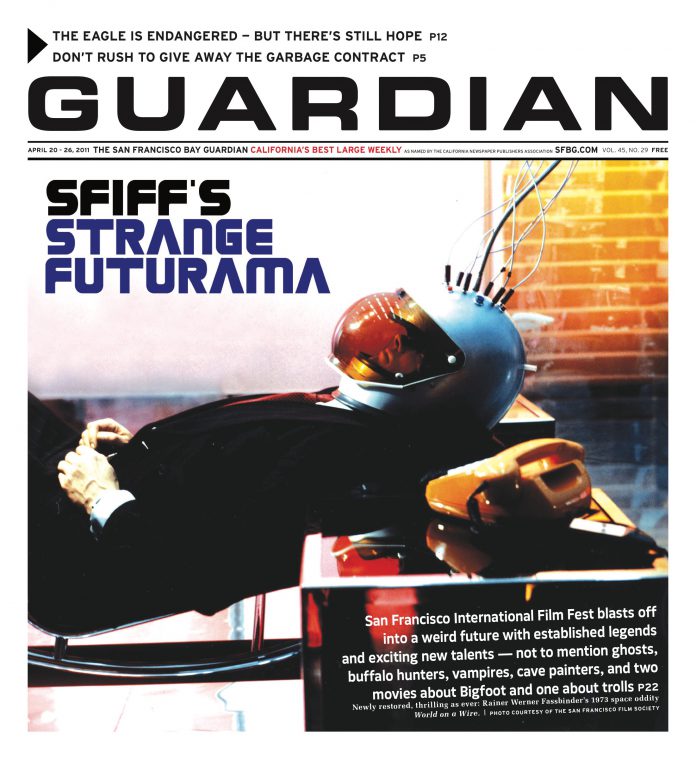A few years back, when Aaron Peskin was president of the Board of Supervisors, he decided that the contract to perform budget and policy analysis ought to go out to bid. Supporters of longtime budget analyst Harvey Rose were aghast — Rose, by all accounts, does a great job watching the city’s dollars and helping the supervisors evaluate proposals. He has more than 30 years of institutional knowledge and memory; the very thought of replacing him seemed insane.
But Rose works as a private contractor, and for decades, he had the equivalent of a no-bid contract — the same sort of deal he and his staff have warned against. So the supervisors took bids — and, to nobody’s surprise, Rose won the contract. That was the right outcome. Except that faced with a competitive bid, he lowered his prices, and the city saved about $500,000.
That’s an important lesson, one the supervisors ought to keep in mind on April 20 when they consider the latest version of a proposal to award the contract for taking the city’s trash to a landfill. Two competing outfits, Recology and Waste Management, are fighting for the lucrative deal. It’s a complex environmental and policy issue: Recology is proposing to haul the trash all the way to Yuba County, and Waste Management would truck it to the existing Altamont landfill. But there’s a critical policy issue hanging in the background.
Since 1932, the company now known as Recology (formerly Sunset Scavenger then Norcal Solid Waste Systems) has had an exclusive, no-bid contract to collect garbage within the San Francisco city limits. The contract to haul the stuff over the bridge and out of town gets put out to bid, but only Recology can pick up residential and commercial garbage. The rates are set by the director of public works. And Recology pays the city nothing — zero — in franchise fees. (The only money the city gets from the garbage company is some $7.5 million a year that goes to the Department of Environment.) Oakland, with about half the number of customers, gets $29 million a year for its general fund from its garbage contractors; by that standard, San Francisco could pull in at least another $14 million a year, maybe more. And it’s not as if Recology is hurting — the company’s San Francisco revenue last year was $275 million.
Both the budget analyst and a private report commissioned by the city’s Local Agency Formation Commission have recommended that San Francisco put its garbage contract out to bid. In fact, the LAFCO report, done by R3 Consulting, notes that San Francisco is the only one of 95 cities surveyed in the Bay Area that had no competitive bidding process for local garbage hauling — and is the only city that has neither a bidding process nor a formal franchise agreement. According to the consultant, “it does not appear that Recology is contractually obligated to 1) negotiate with San Francisco or 2) continue providing service.”
This is utterly unacceptable. Sup. David Campos is absolutely right to be proposing a ballot measure that would mandate competitive bidding. And if he can’t find three more supervisors to sign on (and wouldn’t that be a sad statement), citizen activists are prepared to gather signatures.
We recognize that Recology is a local, worker-owned company with fully unionized employees and good benefits. That should — and will — be a factor in any bidding process. But no $275 million deal should be awarded to anyone in perpetuity, without the city having any leverage to negotiate.
The bid to haul waste to the landfill is directly related: If the board awards Recology that contract too, then the company will have such a monopoly that competitive bidding would be difficult. The committee should continue that item until the board figures out how to handle Recology’s overall contract. Rushing it through now would be a bad mistake.

